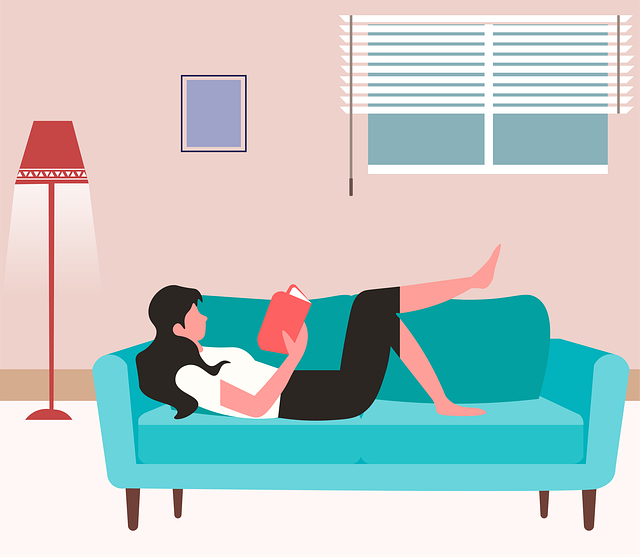If you had asked me a handful of years ago about the importance of therapy, I would have stumbled over a few words uncomfortably and changed the topic of conversation. I had never been to see a therapist, and truly did not know what the process would entail. Would I have benefited from therapy back then? Absolutely. However, I didn’t understand the growth, understanding, and acceptance that could come from therapy. The thought of sharing personal stories or worries with a stranger quite frankly made me squirm with discomfort. Fast forward five years, and I am in therapy weekly and pursuing a career as a mental health professional. It was not one singular thing that suddenly changed to make me passionate about the therapeutic process; there are many interconnected factors that helped me to arrive at this moment. However, as I reflect on what caused this shift within me, I can point to the power of vulnerability.
Why does vulnerability feel like such a scary word? As Brené Brown, author and professor with a book and TED Talk fittingly titled, The Power of Vulnerability notes, “Vulnerability is not weakness. And that myth is profoundly dangerous… Vulnerability is the birthplace of connection and the path to the feeling of worthiness.” Vulnerability is not a weakness. Vulnerability is not a weakness. Certainly, the process of opening up, being vulnerable, and leaning into discomfort can bring rejection from others, heavy emotions such as shame or grief, reflection of painful experiences, and the realization that boundaries need to be set. On the other hand, others can see you, hear you, and understand you more deeply when you lean into vulnerability. As Brown has found in her research, this courageous step fosters connection, belongingness, authenticity, and love.
The path to welcoming vulnerability is one I am still on every day. I still squirm with discomfort when I am talking to my therapist of nearly two years about personal and painful topics. In the past few years, I have been able to challenge the faulty belief I held that being vulnerable and sharing my authentic self was a sign that I am broken or less-than. I have challenged the idea that I always had to have a wall up to hide my big emotions or truest thoughts. I have turned vulnerability into an internal strength and way to foster connection with others. I feel an immense gratitude to be able to hold space for others’ vulnerability – it is a privilege to sit with a client and begin feeling that shift in which vulnerability feels a little less scary and a deeper connection starts to grow.

